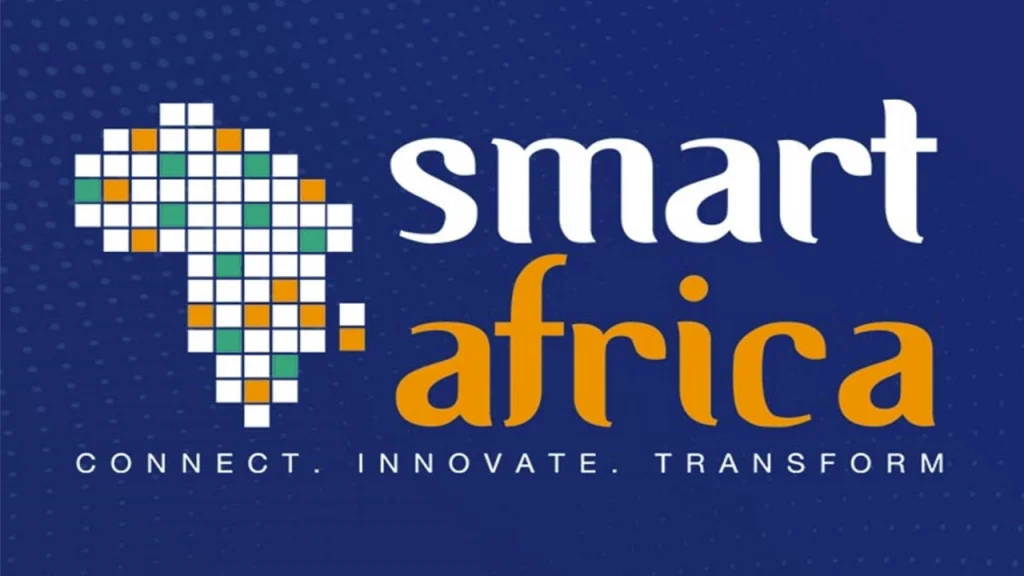- It seeks to strengthen Africa’s digital sovereignty and secure a unified voice in global internet governance.
- It aims to build technical capacity, harmonise policy and support reforms at AFRINIC through a continental governance architecture.
What is the CAIGA initiative?
The Smart Africa CAIGA initiative (Continental Africa Internet Governance Architecture) is an ambitious effort by Smart Africa — a pan-African alliance of governments, private sector and international partners — to reshape how internet governance works on the continent. Rather than each country operating in isolation, CAIGA proposes a framework for coordination, shared capacity building, and active African participation in global governance structures.
A key foundation of the initiative is a memorandum of understanding (MoU) with ICANN, under which both organisations commit to developing a stable, secure and inclusive Internet in Africa. The MoU outlines plans for training workshops, community outreach and increased engagement of African governments in multistakeholder governance.
Also read: Smart Africa’s CAIGA: Collaboration or centralisation of power?
Why digital sovereignty is central
One of the main goals of the CAIGA initiative is digital sovereignty. Smart Africa has framed CAIGA as part of a “coordinated continental response” to protect Africa’s strategic control over its internet resources, particularly in light of governance challenges at AFRINIC.
By establishing a continental architecture, Smart Africa argues that African governments and institutions can better defend their interests, reduce reliance on external actors, and ensure that critical infrastructure such as IP address management remains under meaningful regional oversight.
This is particularly urgent given the recent turmoil at AFRINIC, where prolonged institutional instability raised concerns about Africa’s control over this vital resource.
Building capacity across Africa
Another core goal of the initiative is capacity development. Through its MoU with ICANN, Smart Africa plans to host a wide range of events, training sessions and workshops aimed at strengthening the skills of African stakeholders — from government regulators to civil society and technical communities.
This support includes outreach to grassroots stakeholders, which helps to democratise internet governance and ensures that local voices are heard in policy formation. By doing this, CAIGA aims to build a pool of informed and capable actors across the continent who can engage with both regional and global governance bodies.
ICANN’s own regional plan for Africa (FY 2026–2030) emphasises capacity development, technical resilience, and increased participation from underrepresented groups — goals that strongly overlap with CAIGA’s vision.
Harmonising policy and internet governance
CAIGA also seeks to harmonise internet policy across African nations. Rather than each country working in isolation with its own rules, the initiative aims to create a shared framework or at least a coordinating mechanism for cross-border policy issues — including data protection, cybersecurity, critical infrastructure, and digital regulation.
This would allow African governments to speak with a more unified voice in global bodies such as ICANN or the International Telecommunication Union (ITU), increasing the continent’s leverage in shaping global internet norms. During a high-level forum, Smart Africa emphasised that CAIGA should help align continental strategies and ensure policy coherence.
Supporting AFRINIC reform and sustainability
A particularly strategic objective of CAIGA is to support reforms at AFRINIC, Africa’s Regional Internet Registry. Smart Africa has publicly indicated its commitment to work with elected board members, regulatory bodies and communities to drive reform in a transparent and inclusive manner.
By providing a governance architecture that overlays AFRINIC, CAIGA could contribute to institutional stability, help prevent future crises, and restore trust among stakeholders. This goal reflects Smart Africa’s broader ambition to safeguard Africa’s digital infrastructure and secure the long-term resilience of its internet governance institutions.
Promoting inclusive governance and multi-stakeholder engagement
While CAIGA is partly a political initiative, one of its main goals is to maintain and even expand multistakeholder participation. Smart Africa argues that effective governance must bridge government, civil society, the private sector, and the technical community.
According to Smart Africa, CAIGA isn’t meant to be a top-down body; instead, it should foster dialogue, consultations and capacity building — ensuring that all relevant actors can contribute meaningfully to its work.
However, this ambition is not without scepticism. Critics, including some experts in the internet-governance space, warn that CAIGA risks giving too much influence to governments at the expense of the technical community.

